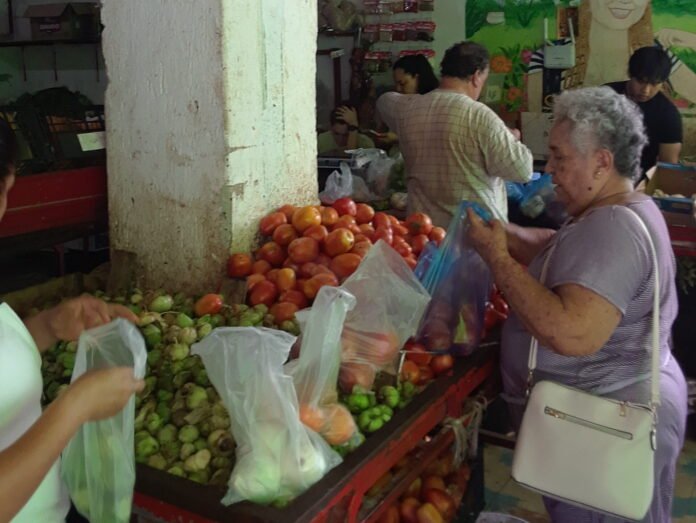Anyone who’s lived in the tropics knows it. The early morning feel of a hot and humid
day. But that’s the time to be out and about.
Some expats can’t handle the summers in Manzanillo. They’ll go back to Canada or maybe
head for a higher elevation town for a few months. I like summers here because most of
the tourists and expats are gone, and the pace of the town is a little slower and more
relaxed.
And it doesn’t take long to learn the rhythms of the city. Maybe it will be the blaring
speaker on the bolillo delivery cycle in the morning. In the afternoon, it will be a recorded tune from the pastry guy on his three-wheeler. Some days, a fellow with a pushcart works his way down my street selling helado. Years ago, the propane delivery trucks played
different tunes to identify themselves. Didn’t take long to learn which melody was your
guy. They don’t do it anymore, and I kind of miss it.
It’s an easy walk from my place to the markets in Santiago. Men and women will be
unloading delivery trucks of fruits and vegetables and handing them off to the market
vendors. This will be early in the morning, and it’s a lot of work that has to happen in
short order. If you find yourself there during this event, pitch in and give them a hand.
Believe me, you will be rewarded for your efforts with a smile that you will remember
for the rest of the day.
And everyone who lives here knows about the guy who sells pineapples from the bed of his pickup truck. With so much food readily available, there is no reason not to eat fresh daily in this town.
Years ago, I found myself on the Dalmatian coast; it was a time when ethnic battles and
horrendous fighting were giving way to frozen conflict and peace talks. Some cease-fires
had been agreed upon, NATO had bombed Serbia back to the Bronze Age, and what had
been the Socialist Federal Republic of Yugoslavia was being sorted out.
Croatia won a hard-earned fight for independence and was now faced with the task of
reconstructing and repairing battle-damaged roofs and buildings. They weren’t going to
wait for this to be done. For the person keen on walkin’ around centuries-old coastal
towns on the Adriatic, the Croatians were welcoming visitors and eager to demonstrate to
the world that they were back in business.
Hotels weren’t back online, but locals would stand in train stations and ferry terminals with cardboard signs reading ROOM in four languages. It was a simple matter of either following someone to their home or jumping in the back seat of their car.
On my second morning of having breakfast and conversation with a family, I noticed
something curious. We were dining at a large kitchen table. I was looking around and
realized that their refrigerator was not much bigger than what you might see in a college
dormitory. It wasn’t that they’d lost a refrigerator in the war because if that were the case,
the house would have been damaged, and it wasn’t.
While walking around that day, the answer to my question revealed itself to me. On
almost every corner in town, there was a cart, wagon, or trailer and someone selling
vegetables, fruit, bread, eggs and poultry, flowers, or homemade wine and brandy. These
people had no need for large refrigerators. They were buying and eating fresh food daily.
So if you’re out and about these early mornings, pick up some vegetables and enjoy your
walk!


